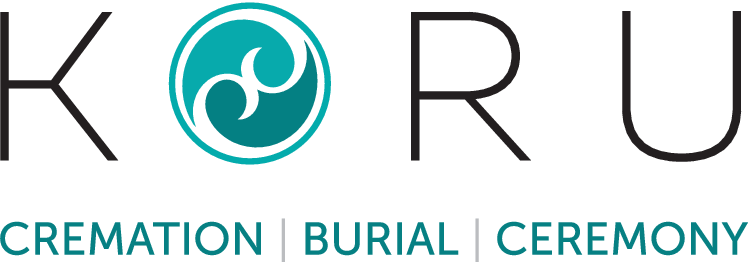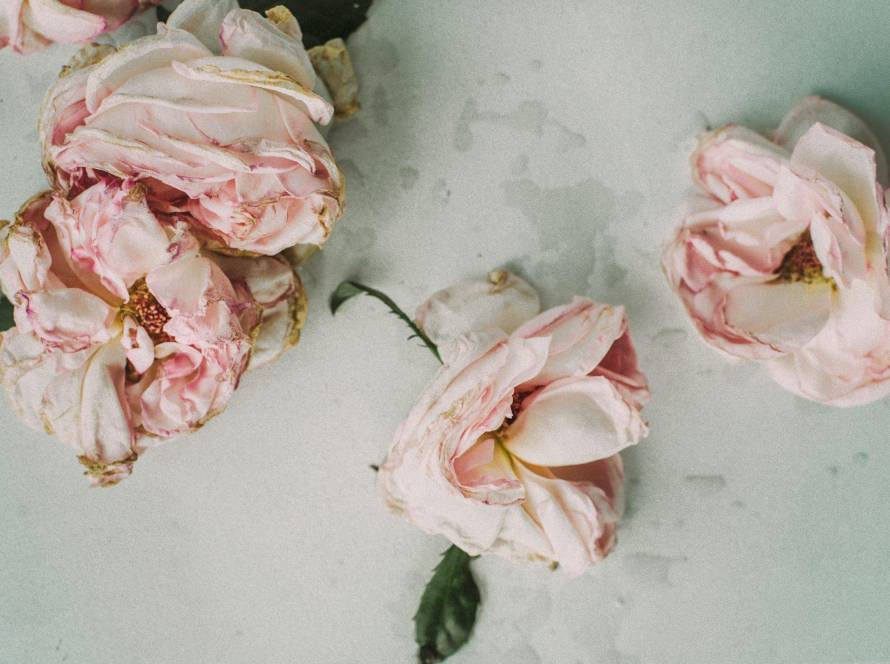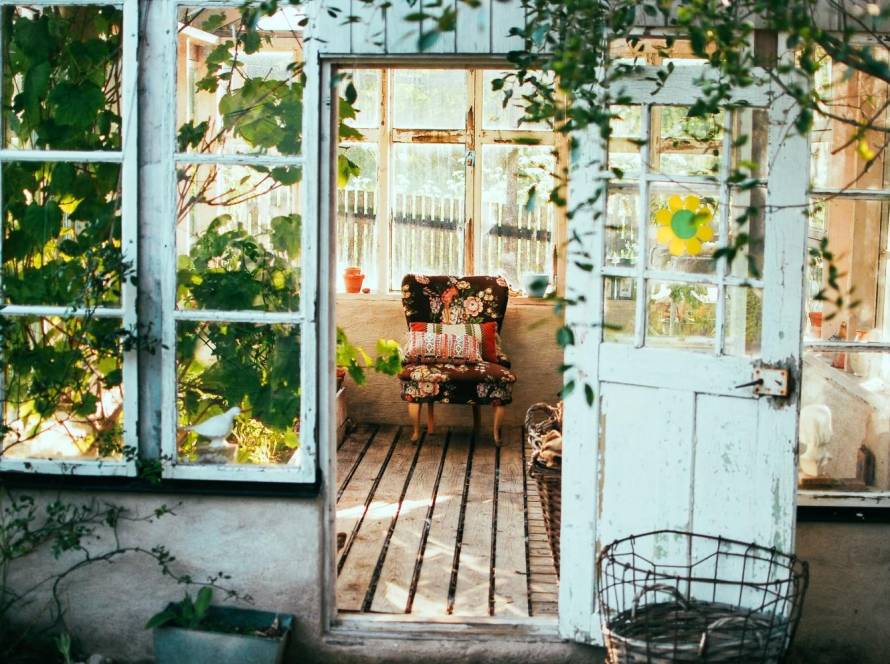James was a boy who enjoyed the outdoors*. He loved hiking, and the wolf was his favourite animal. When he goes for walks, James often picks up sticks carrying them along the way.
Like many families I’ve met whose children die young, James’ family wanted to celebrate his life in a way that reflected what he loved and cherished.
It was fitting then that James’ ceremony was held in one of our city’s beautiful public parks, where he used to walk and play. Signs with wolf prints guided attendees to a secluded area of the gathering.
As a nod to James’ penchant for picking up and carrying sticks, all were encouraged to do so on their way to the gathering space.

The Celebrant led us through a ceremony and delivered a message that would have been meaningful to James, and that was meaningful to all of us. It wasn’t a religious ceremony. It was a celebration of his life, and it helped us to honour his memory.
We placed our sticks in a pile like we were creating a giant bonfire. It rose above us, seven feet tall. When it was complete, we stood back and howled like wolves, 100-strong.
We left the sticks there. They were of the woods anyway. And the pile became a monument to James for as long as it lasted.
We tend to associate end-of-life rituals and ceremonies with specific organized religions. Over the past two decades as a funeral director, I’ve seen people arrange funerals not because it’s meaningful to their beloved dead and the bereaved. They do it because they believe that’s what they’re supposed to do.
Our religious and cultural ties have changed, but our human need for rituals and ceremonies have not.
As a result, we think that we don’t want a ceremony at all. We often forget to pause and reflect: “What else could we do to mark this person’s life and help us deal with our grief?”
We’re in an age where we can decide what’s vital in our end-of-life gatherings if we don’t have religious or cultural ties. Death is a life-changing event for the living. Throughout history, people have always found meaningful ways to mark it.
You, too, can find a way to mark death that’s meaningful to you.
Maybe it’s cooking their favourite meal. Or taking a group vacation to their favourite place. Perhaps it’s an afternoon of fishing and telling stories down on the Fraser River.

What makes sense for you to celebrate the life of your loved one and acknowledge your grief?
In the time of this pandemic, how can we find unique ways to honour our loved ones and allow ourselves time to grief?
If your family member dies at home, do you know that it is perfectly safe and legal to spend some time with them before calling a funeral service provider?
If you don’t know exactly what to do, you can sit down and just be … quiet. Sometimes holding vigil is enough.
If you’re reading this and thinking that you’d like to know more about family-led funerals, you can check out this page on our website. Feel free to call us at 604-324-8285, email us at [email protected] or through our contact page here.
********************************
Stories connect us. This is the third narrative in our “Ngaio’s Stories” series. You can read the first story here. And the second story in the series here.
With close to 20 years of experience, there is very little Ngaio Davis, KORU founder and managing director, hasn’t seen or dealt with around diverse, mourning rituals, family dynamics or unusual circumstances. Ngaio shares her stories to offer you a glimpse of her life beyond her role as a funeral director.
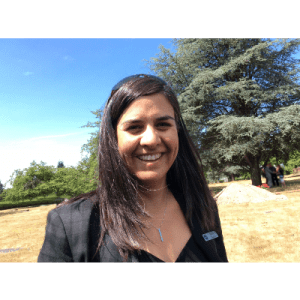
********************************
Photos Courtesy of Unsplash.com:
Sticks and Leaves by Jacqueline O’Gara
Boy Collecting Sticks by Annie Spratt
Man Fishing by Agnes Elena Crăciun
Photo of Ngaio Davis from KORU Archive
